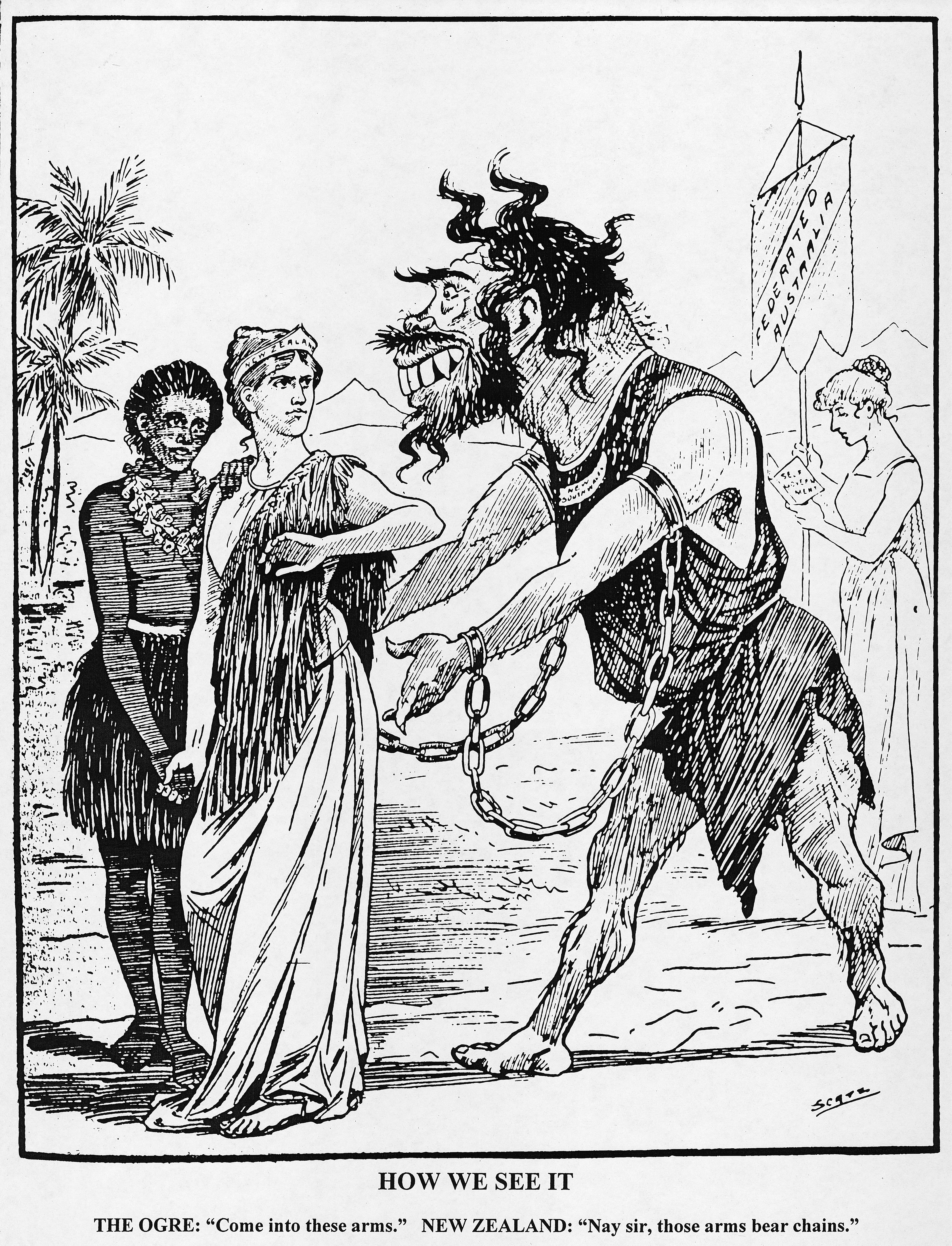Māori Voting Rights In Australia on:
[Wikipedia]
[Google]
[Amazon]
 Māori voting rights in Australia have an unusual history compared to voting rights for other non-white minorities. Male
Māori voting rights in Australia have an unusual history compared to voting rights for other non-white minorities. Male Indigenous Electoral Timeline
 Māori voting rights in Australia have an unusual history compared to voting rights for other non-white minorities. Male
Māori voting rights in Australia have an unusual history compared to voting rights for other non-white minorities. Male Māori Australians
Māori Australians () are Australians of Māori people, Māori heritage. The Māori presence in Australia dates back to the 19th century when Māori travelled to Sydney to trade, acquire new technology, and learn new ideas. The Māori populatio ...
were first given the vote through the Commonwealth Franchise Act 1902
The Commonwealth Franchise Act 1902 (Cth) was an Act of the Parliament of Australia which set out who was entitled to vote in Australian federal elections. The Act established, in time for the 1903 Australian federal election, suffrage for fed ...
, which specifically limited voting enrollment to persons of European descent, and aboriginal natives of New Zealand
New Zealand () is an island country in the southwestern Pacific Ocean. It consists of two main landmasses—the North Island () and the South Island ()—and List of islands of New Zealand, over 600 smaller islands. It is the List of isla ...
, in an effort to allay New Zealand's concerns about joining the Federation of Australia
The Federation of Australia was the process by which the six separate British self-governing colonies of Queensland, New South Wales, Victoria, Tasmania, South Australia (which also governed what is now the Northern Territory), and Wester ...
. During the parliamentary debates over the Act, leading Labor Party member King O'Malley
King O'Malley (2 July 1858 not confirmed – 20 December 1953) was an American-born Australian politician who served in the House of Representatives from 1901 to 1917, and served two terms as Minister for Home Affairs (1910–1913; 1915–16). ...
supported the inclusion of Māori
Māori or Maori can refer to:
Relating to the Māori people
* Māori people of New Zealand, or members of that group
* Māori language, the language of the Māori people of New Zealand
* Māori culture
* Cook Islanders, the Māori people of the Co ...
, and the exclusion of Aboriginal Australians
Aboriginal Australians are the various indigenous peoples of the Mainland Australia, Australian mainland and many of its islands, excluding the ethnically distinct people of the Torres Strait Islands.
Humans first migrated to Australia (co ...
, in the franchise, arguing that "An aboriginal is not as intelligent as a Māori."
This anomalous condition remained in some jurisdictions (such as the Northern Territory
The Northern Territory (abbreviated as NT; known formally as the Northern Territory of Australia and informally as the Territory) is an states and territories of Australia, Australian internal territory in the central and central-northern regi ...
) until 1962, when the ''Commonwealth Electoral Act'' superseded the earlier act.Australian Electoral Commission
The Australian Electoral Commission (AEC) is the independent statutory agency of the Australian Government responsible for the management and oversight of Australian federal elections, plebiscites, referendums and some trade union
A ...
, Retrieved 30 July 2007
Prior to universal Australian Indigenous franchise, organisations such as the Australian Aborigines' League
The Australian Aborigines' League was established in Melbourne, Australia, in 1933 by William Cooper and others, including Margaret Tucker, Eric Onus, Anna and Caleb Morgan, and Shadrach James (son of Thomas Shadrach James and brother-in-la ...
highlighted the inconsistencies in Australian law that allowed Māori voting rights (as well as old age and disability pensions, maternity bonuses and unemployment relief) but denied them to Aboriginals and Torres Strait Islanders
Torres Strait Islanders ( ) are the Indigenous Melanesians, Melanesian people of the Torres Strait Islands, which are part of the state of Queensland, Australia. Ethnically distinct from the Aboriginal Australians, Aboriginal peoples of the res ...
.
See also
* Voting rights of Indigenous Australians *Suffrage in Australia
Suffrage in Australia is the voting rights in the Australia, Commonwealth of Australia, its six component states (before 1901 called colonies) and territories, and local governments. The colonies of Australia began to grant universal male suffra ...
References
Sources
* * Political history of Australia Māori politics Australia–New Zealand relations Māori history {{Maori-stub